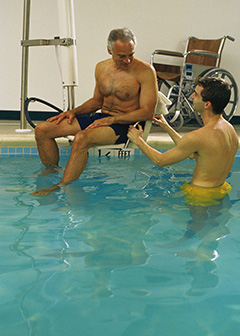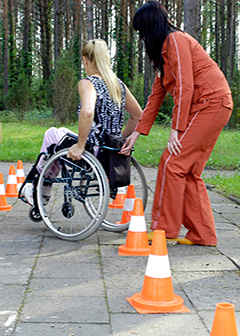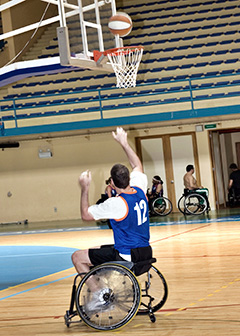Summary

| Quick Facts: Recreational Therapists | |
|---|---|
|
$39,410 per year
$18.95 per hour |
|
| Bachelor’s degree | |
| None | |
| None | |
| 22,400 | |
| 17% (About as fast as average) | |
| 3,800 | |
What Recreational Therapists Do
Recreational therapists plan, direct, and coordinate recreation programs for people with disabilities or illnesses. They use a variety of techniques, including arts and crafts, drama, music, dance, sports, games, and field trips. These programs help maintain or improve a client’s physical and emotional well-being.
Work Environment
Recreational therapists work in a variety of settings and may arrange to have activities both indoors and outdoors. Most therapists work full time.
How to Become a Recreational Therapist
Recreational therapists typically need a bachelor’s degree. Most employers require therapists to be certified by the National Council for Therapeutic Recreation Certification (NCTRC).
Pay
The median annual wage of recreational therapists was $39,410 in May 2010.
Job Outlook
Employment for recreational therapists is expected to grow 17 percent, about as fast as the average for all occupations. As the large baby-boom generation ages, they will need recreational therapists to help treat age-related injuries and illnesses, such as strokes.
Similar Occupations
Compare the job duties, education, job growth, and pay of recreational therapists with similar occupations.
O*NET
O*NET provides comprehensive information on key characteristics of workers and occupations.
Contacts for More Information
Learn more about recreational therapists by contacting these additional resources.









